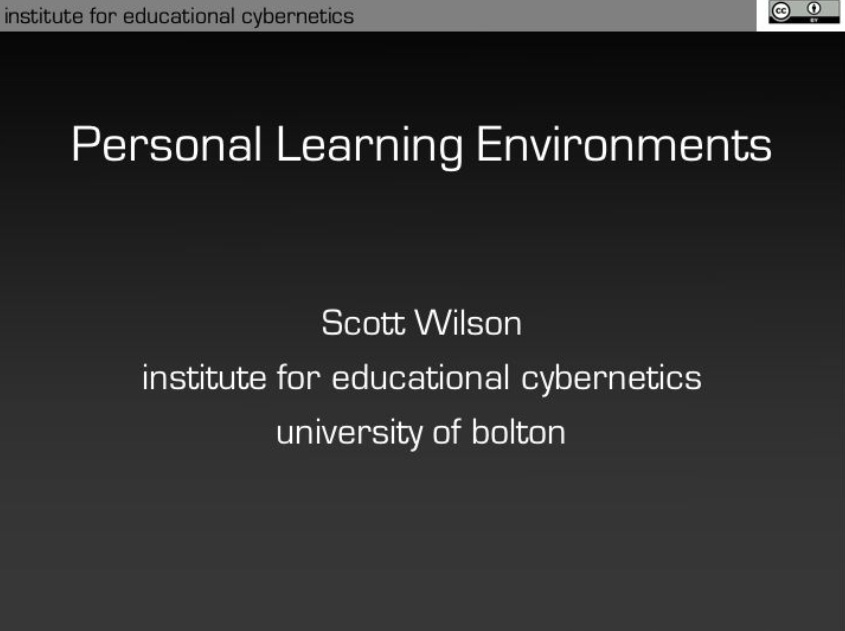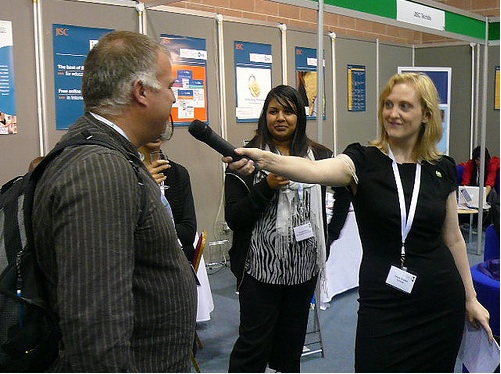I left AltC early last Thursday morning to travel to Leiden in the Netherlands for a meeting of the Eurtrainer porject. Eurtrainer is developing a network for trainers in Europe and together with Cristina Costa and Dirk Stieglitz, I am organising an online confernce on the training of trainers on November 5 and 6. The conference is free and you can register online on the Trainers in Europe web site.
Anyway here is the main conference blurb.
First International on-line conference – 5-6 November 2008
The Network to Support Trainers in Europe is launching its first annual on-line conference on “the Training of Trainers” on 5 and 6 November, 2008. The confernce is co-sponsored by the Jisc funded Evolve network.
Who is the conference for?
The conference is for all those interested in the training and professional development of teachers and trainers. This includes teachers, trainers, tutors, researchers, managers and policy makers and other interested individuals.
About the conference
The conference will take place through the internet using the Elluminate conference tool. We hope this will not only reduce the carbon footprint of our activities, but will allow wide participation by those who might not be able to travel. The conference will utilise simple web-based tools and will be accessible by anyone with an internet connection and a web browser. For those of you not used to presenting on the internet, we will provide full technical support and a short pre-conference training course.
To find out more go to the conference technology page.
Conference themes
The conference will be organised around four themes:
- Theme 1 – The changing role of trainers in learning
- Theme 2: E-learning for trainers
- Theme 3: Work-based learning
- Theme 4: Support for the professional development of trainers
Go the the conference themes page to find out more.
Speakers
Speakers include:
Professor Alan Felstead and Nick Jewson, Cardiff School of Social Sciences, Cardiff University, UK
Professor Alison Fuller, School of Education, University of Southampton, UK
Professor Alan Brown, Institute for Employment Research, University of Warwick, UK
George Roberts, Oxford Brooks University, UK
Barry Nyhan, Ireland
Seija Mahlamäki-Kultanen and Anita Eskola-Kronqvist, HAMK, Finland.
Eduardo Figueira, Academus, Portugal
Simone Kirpal, Institut Technik und Bildung, Univeristy of Bremen, Germany
John Pallister, Wolsingham School
Cristina Costa, Pontydysgu, UK
Doris Beer, Germany
Vance Stevens, Abu Dubai
Carla Arena et al – United States, Japan, Ukraine, Argentina and the UK
Anne Fox, Denmark
Regina Lamscheck Nielsen, DEL, Denmark
Linda Castañeda, University of Murcia, Spain
Titles and abstracts for the presentations can be found on the programme page. Presentations will be 15 minutes allowing 15 minutes for discussion.
Exhibition
There will also be an on-line exhibition. Go to the exhibition page for details of how you can participate.
Registration
The conference is free. However, we would ask you to please register for the conference in advance as places are limited. Please go to the registration page. It is possible to register for one or more of the four seperate conference sessions.
More information
For more information email the project coordinator Simone Kirpal – kirpal @uni-bremen.de or the conference organiser Graham Attwell – graham10 @mac.com.


